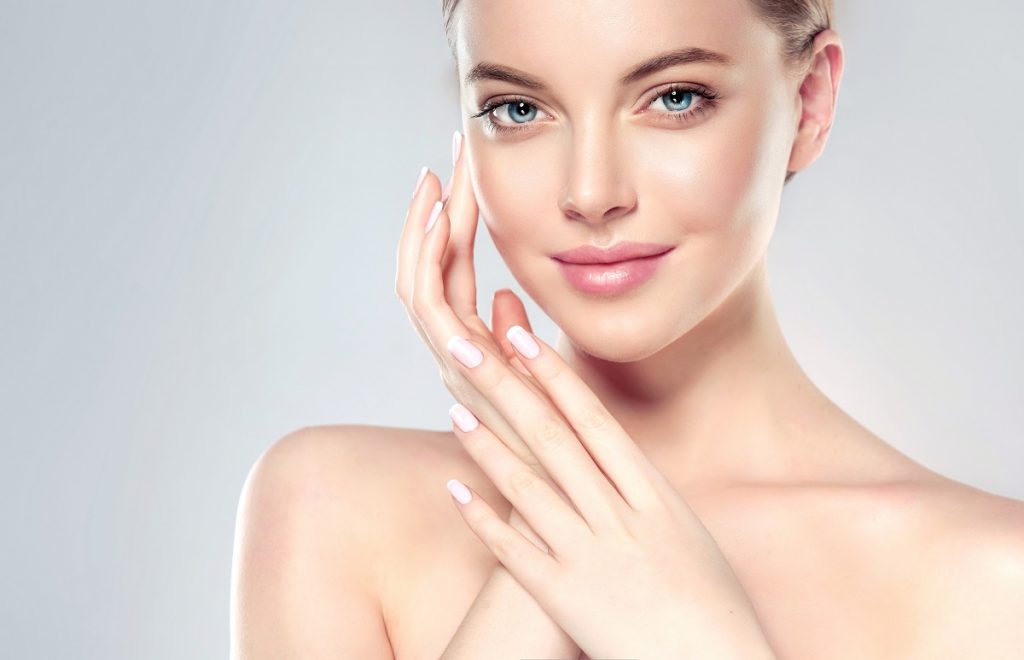It had been found that, prior to the pandemic, Americans spend 90 percent of their time indoors. If they are not at home, they are toiling inside an office, having a meal at a restaurant, exercising at a gym, shopping in a grocery store, or watching a movie at a theater.
In the past year, people spent even more time indoors. The COVID-19 pandemic forced people to retreat into the safety of their homes, and that is not a good thing. Some people who do not have an outdoor space rarely go outside at all except to get groceries or prescription medication.
Your Pandemic Skin
If you think that the pandemic has wrecked your skin, you are not alone. A lot of people found themselves struggling with skin conditions such as acne, dryness, wrinkles, and fine lines.
It turns out, being indoors all the time is bad for the skin, too.
You have been told that sun exposure is damaging. The ultraviolet rays age the skin faster or, worse, increase a person’s risk of developing skin cancer. So, you were advised to stay out of the sun. If you have to go out during the daytime, you have to wear sunscreen.
The awful quality of air outdoors is also a problem. Pollution generates free radicals, bad stuff that steals electrons from your body cells and accelerates the skin’s aging process. Exposure can lead to wrinkles and fine lines as well as exacerbate acne.
But, there are dangers to staying indoors all the time. Experts explained that the air indoors is, typically, drier than outdoors. If the heater is on, it is likely to remove moisture in the air. It is common that people who have eczema experience flare-ups when they spend too much time indoors.
To combat dry skin, experts recommend that you use a humidifier to inject moisture back to the indoor air. It is also important that you are well-hydrated throughout the day to ensure that your skin remains moisturized.
The blue light emanating from your electronic screens such as your television, smartphone, and tablet, and laptop have an impact on your skin. A study from 2010 found that long-term exposure to blue light causes visible changes to the skin, including increased redness and pigmentation.
While in quarantine, many people spent more time staring at their devices to work or study, be entertained, and be informed about the situation outdoors. No one knows yet how it will impact the skin.
However, if you are noticing some signs that your skin has been in distress due to constantly staring at an electronic screen, you can use products with brightening effects. For prevention, there are now dozens of products out there that claim to block blue light, but your regular sunscreen can also do the job.

Zero Motivation for Self-Care
The pandemic had been tough for everyone. Some experts say that we all are experiencing collective trauma after a year of tragedies. Understandably, many people are feeling anxious and depressed. The need to apply skincare became less of a priority.
This has led to dull skin and, possibly, acne. It is a common problem to lose motivation for skincare or, in some cases, personal hygiene. When a person is going through a mental health crisis, self-care goes out the window.
However, if you want to regain your glow, you can simplify your skincare routine. Keep only the basics so that the whole routine does not feel like a chore. All you need are a gentle face wash, a hydrating toner, and a moisturizer. You only need to apply your sunscreen when you have to go out, or you are facing a window that gets a lot of sunlight throughout the day.
You can also buy illuminating moisturizer online to bring life back to your dull skin and then start using a product with salicylic acid or tea tree oil to remove the acne.
The Dreaded Maskne
The few times you go outside, you have to wear a face covering. But to many people, wearing a mask causes pimples on their chin and cheeks.
Maskne happens because the mask traps humidity when you breathe and sweat. This increases the risk of acne. The material of your mask can also cause oil, dead skin cells, and bacteria to build up on your skin, increasing the risk of clogged pores.
In some cases, people get a reaction because their skin is sensitive, or they are allergic to the material of their face covering. Some masks are treated with harsh chemicals that, when they come in contact with skin, cause irritation. If you are wearing a cloth mask, chances are the detergent you use to wash it is the culprit.
Experiment with your face covering to find out what is suited for your skin type. Moreover, wash your face after wearing a mask, even if it is in the middle of the day, to prevent maskne. Just make sure that you use a gentle cleanser to prevent drying your skin.
Many people are suffering from skin-related problems because of the pandemic. However, all these, including the current public health crisis, are temporary. Things will get better eventually.
